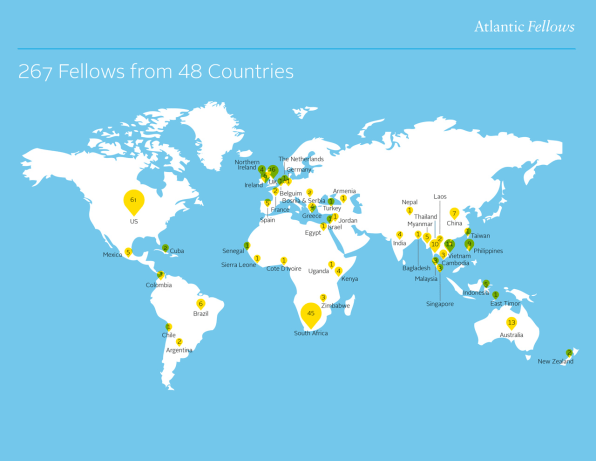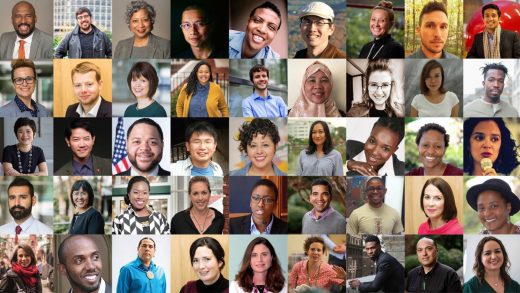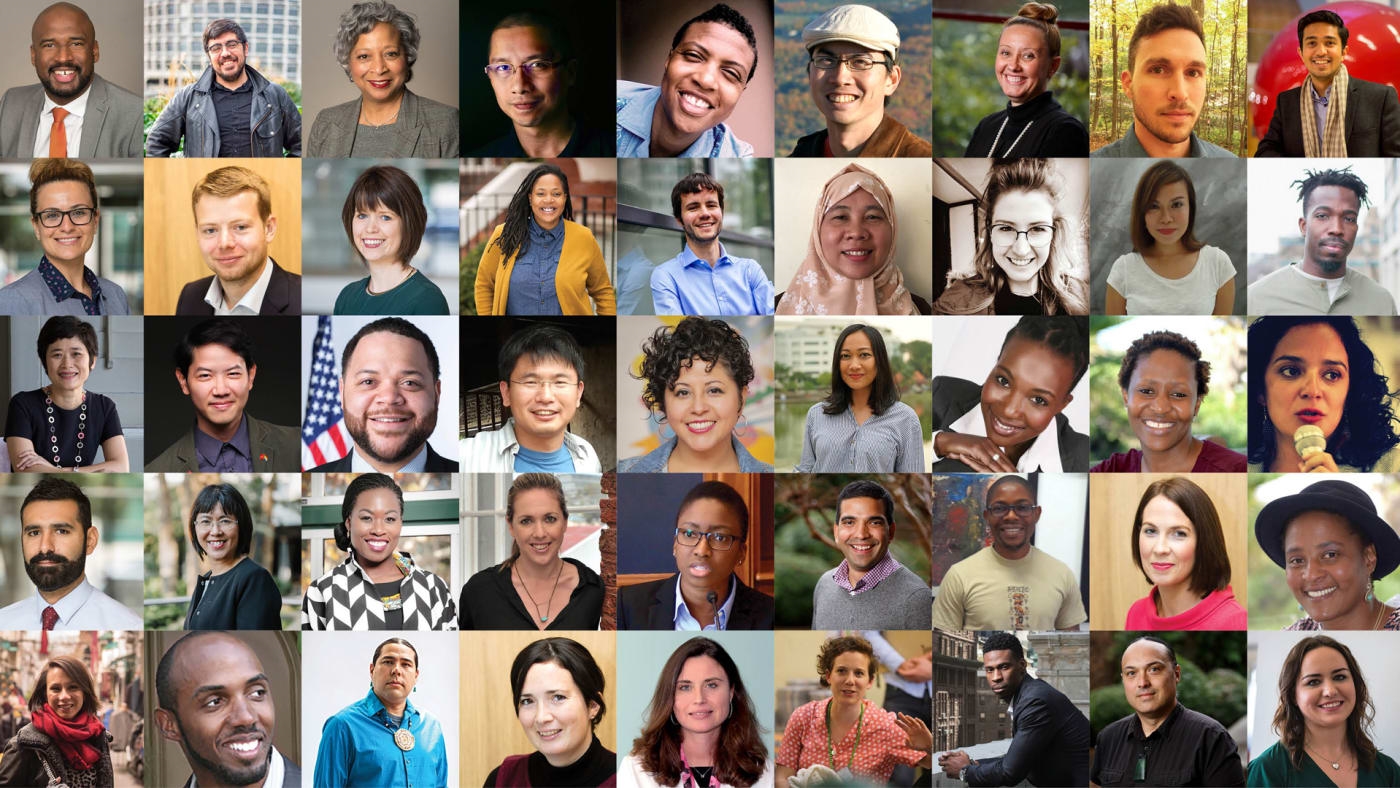How this philanthropy is ensuring people continue its work after it closes
Black Lives Matter founder Alicia Garza launched the Black Futures Lab (BFL) as a way to bring the needs of black communities–and policies that will support them–to the political forefront. Her first initiative under BFL is the currently underway Black Census, a wide-ranging survey designed to quantify the needs of black communities across the country. The initiative arose from an understanding, cemented via conversations with other racial equity fellows, that part of what keeps racial equity out of reach is a lack of political understanding or will to counter it.
She’s doing this as part of the Atlantic Fellows for Racial Equity program, which introduced its first cohort of fellows last November. It includes 29 activists, scholars, lawyers, artists, and other leaders from both the U.S. and South Africa–two countries dealing with extreme forms of racial inequity. The Racial Equity fellowship program launched in partnership with the Nelson Mandela Foundation in South Africa, and the Haas Institute for a Fair and Inclusive society at UC Berkeley and Columbia University in the U.S. As part of the fellowship, the cohort travels between the two countries, meeting with various leaders and hosting collaborative workshops to develop solutions.

In 2015, The Atlantic Philanthropies seeded over $660 million to the Fellows program, which launched with a single initiative: to better understand how issues of social inequality interact with brain diseases like dementia. (Disclosure: A grant from Atlantic helps fund Fast Company‘s philanthropy coverage.) Today, seven cohorts of fellows across the world are at work on issues ranging from racial equity to social and economic equity to health equity. The organization recently announced that the program has now grown to 267 fellows worldwide, and will continue to expand over the next several decades. They anticipate that the Fellows program will grow to over 1,000 global fellows strong in the next 20 years–long after the philanthropy has shuttered for good.
For instance, the first fellowship program, the Global Brain Health Institute, is cohosted at the University of California, San Francisco and Trinity College Dublin. It’s welcomed two classes of fellows, and is preparing to announce a third. Each fellow, says Bruce Trachtenberg, executive producer for Atlantic Philanthropies, brings a unique perspective to a global issue, and as the program grows, the hope is that this cross-cultural knowledge sharing will lead to major breakthroughs in each of the program’s areas of focus. The fellows are generally mid-career professionals who have a proven track record of impact in a specific area, and who are determined to better understand and further their work in a global context.
Once someone is named a fellow, they remain one for life. As such, Trachtenberg says, the Atlantic Fellows program hopes to foster both intergenerational and international collaboration. “Much of the work of the cohorts is still getting under way,” Trachtenberg adds. The Fellows are not interested in easy fixes; the goal of the program, rather, is to give people the tools and resources to get to the bottom of systemic issues, like health and racial inequities, and to build out systemic, transformative solutions. The fact that those solutions may not materialize until long after Atlantic Philanthropies closes its doors testifies to the fact that the organization’s goal was never self-satisfaction: It’s about using its resources to create necessary change for the future.
Fast Company , Read Full Story
(33)



